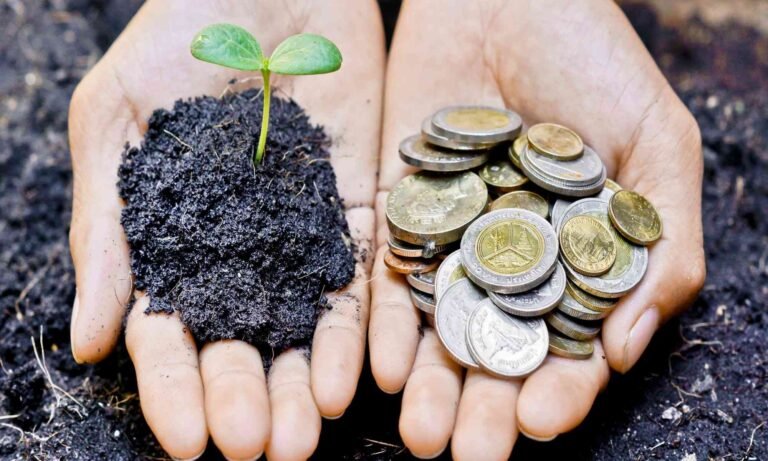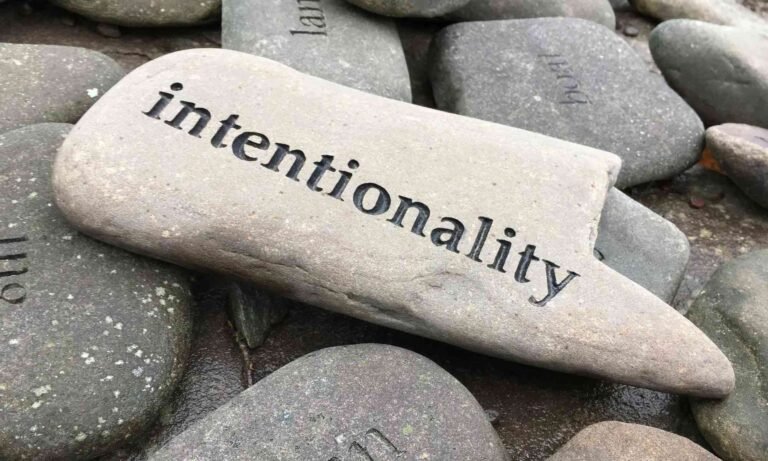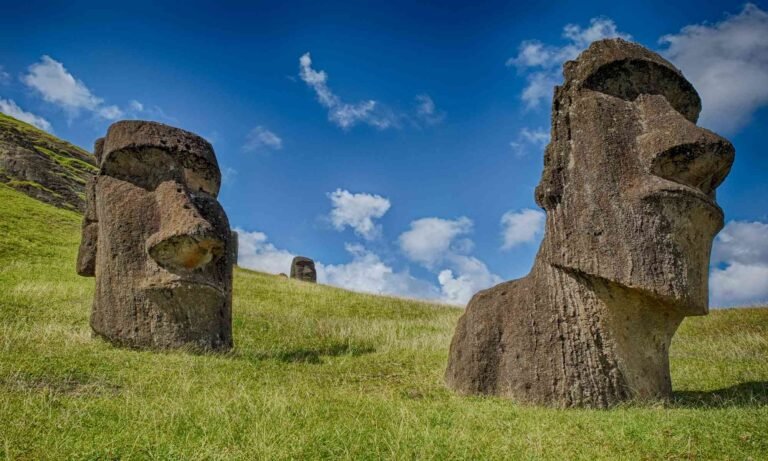Gratitude is deeply intertwined with Virtue, as it fosters moral integrity and ethical behavior. By recognizing and appreciating the kindness and generosity of others, individuals cultivate humility, compassion, and a sense of responsibility toward their communities. Gratitude encourages altruism, motivating people to act with honesty and fairness, reinforcing principles such as justice and respect. Philosophers and ethical traditions have long regarded gratitude as a cornerstone of virtue, as it nurtures selflessness and strengthens moral character. When gratitude becomes an integral part of one’s mindset, it inspires actions that contribute to the greater good, creating a world where kindness and integrity flourish.
Gratitude is a multifaceted emotion characterized by recognizing and appreciating the positive aspects of life. Unlike simple appreciation, which may be momentary and situational, gratitude embodies a deeper acknowledgment of the kindness and support received from others or the inherent value found in life’s experiences. It is a prolonged state of thankfulness that influences one’s perspective and emotional well-being.
Research has shown that engaging in gratitude can significantly enhance mental health. Individuals who practice gratitude often report higher levels of positive emotions, increased life satisfaction, and a reduced prevalence of depressive symptoms. This affirmation creates a circle of wellbeing that fosters resilience during challenging times. Feeling grateful helps individuals focus on what they possess rather than what they lack, thus creating a more optimistic outlook on life.
In relationships, gratitude plays a pivotal role. Expressing gratitude not only strengthens bonds between individuals but also encourages prosocial behaviors, leading to greater social support and connection. When people feel appreciated, they are more likely to reciprocate kindness, creating a virtuous cycle that elevates mutual respect and understanding. This reciprocity is grounded in various cultural frameworks, emphasizing the universal importance of gratitude across diverse societies. For instance, many cultures celebrate gratitude through rituals and traditions, reinforcing communal bonds that are vital to social cohesion.
Importantly, gratitude is not merely an individual experience; it is a shared phenomenon that contributes to collective well-being. It nurtures a sense of belonging, encourages empathy, and fortifies communities. Ultimately, understanding gratitude in its broader context underscores its vital role in fostering holistic Happiness and emotional balance, making it a central theme in discussions concerning personal development and mental health.
The Science Behind Gratitude: Benefits for Mind and Body
Numerous scientific studies highlight the profound effects of gratitude on both mental and physical health. The practice of recognizing and appreciating life’s positives has been linked to enhanced emotional well-being and resilience. Research published in Psychological Science shows that individuals who regularly engage in gratitude exercises report lower levels of depression and anxiety. By shifting focus from negative thoughts to what one is thankful for, people cultivate a more positive outlook, reducing mental health issues.
Moreover, gratitude encourages healthier behaviors, including regular exercise and medical care. A University of California study found that those who actively practice gratitude report fewer physical ailments, such as headaches and gastrointestinal issues, leading to overall better well-being. Additionally, gratitude contributes to better sleep quality, as reflecting on positive experiences helps reduce negative ruminations that disrupt sleep. Studies further link gratitude to lower blood pressure and reduced stress-related inflammation, supporting cardiovascular health.
In essence, gratitude is a powerful tool for improving mental and physical health. Incorporating gratitude into daily routines fosters emotional stability and enhances overall well-being. Over time, this practice can lead to a deeper sense of fulfillment and stronger connections with others. It also cultivates a mindset of abundance, encouraging individuals to recognize the richness present in everyday life. By embracing gratitude, people can nurture a lasting sense of contentment and inner peace. Ultimately, gratitude promotes a positive cycle of generosity and kindness, enriching both personal relationships and communities.
“Gratitude makes sense of our past, brings peace for today, and creates a vision for tomorrow.”
– Melody Beattie
Ways to Cultivate Gratitude: Practical Tips and Strategies
Gratitude is a powerful tool that can significantly enhance one’s quality of life through intentional practices. To cultivate gratitude effectively, individuals can implement several practical strategies into their daily routines.
- One of the most impactful methods is maintaining a gratitude journal. This practice involves dedicating a few minutes each day to reflect on and write down moments, experiences, or individuals for whom one feels thankful. By focusing on the positive aspects of life, this exercise encourages a mindset shift towards appreciation and mindfulness.
- Another effective strategy is to express thanks to others regularly. Whether through personal interactions or written notes, acknowledging the contributions and kindness of others can foster stronger relationships and a sense of community. This expression of gratitude not only uplifts the recipients but also reinforces the giver’s awareness of the positivity surrounding them. Moreover, verbal recognition of gratitude can strengthen interpersonal bonds in both personal and professional settings.
- Practicing mindfulness can also play a crucial role in cultivating gratitude. Mindfulness encourages individuals to be present in the moment and recognize the beauty in everyday experiences. Incorporating techniques such as deep breathing, meditation, or simply taking a few moments to observe one’s surroundings can enhance awareness of the positive elements in life. By being mindful, individuals can train their minds to acknowledge and appreciate the small joys that often go unnoticed.
- Finally, setting aside time for community service or acts of kindness can deepen one’s sense of gratitude. Engaging in selfless acts fosters a greater appreciation for one’s own circumstances. When individuals witness different perspectives and challenges, it can motivate them to recognize the blessings in their lives.
Ultimately, by employing these various strategies – keeping a gratitude journal, expressing thanks, practicing mindfulness, and engaging in acts of kindness – individuals can transform their outlook, enriching their overall sense of gratitude.
Start By Saying Thank You
Mooji, whose real name is Anthony Paul Moo-Young, is a spiritual teacher known for his teachings in Advaita Vedanta, a philosophy of non-duality. Born in Jamaica in 1954, he later moved to London, where he worked as an artist before embarking on a spiritual journey. His teachings focus on self-inquiry and awakening to one’s true nature, often shared through satsangs (spiritual gatherings) and retreats.
Mooji was a disciple of H.W.L. Poonja (Papaji), a renowned Advaita master. Since 2011, he has lived in Portugal, where he leads a spiritual community.
Gratitude in Action: Real-Life Stories and Testimonials
Gratitude has the remarkable potential to profoundly alter our lives, as illustrated by countless real-life accounts from individuals who have embraced thankfulness. For many, the simple act of expressing gratitude has sparked a journey toward greater fulfillment and happiness.
- One such example is Jane, a 34-year-old teacher, who struggled with anxiety and feelings of inadequacy. After attending a workshop on gratitude, she began to document three things she was thankful for each day. Over months, she noticed that these small reflections shifted her mindset, and she became more appreciative of her job and the support of her colleagues, leading to improved job satisfaction and mental well-being.
- Similarly, Thom, a retired military veteran, experienced significant challenges readjusting to civilian life. Feeling isolated, he discovered a local veterans’ group that practiced gratitude sharing. Throughout these meetings, each participant exchanged stories about their struggles while expressing appreciation for the support and camaraderie they provided one another. This radical shift towards thankfulness not only strengthened their bonds but transformed Thom’s outlook, allowing him to rebuild his self-esteem and foster new relationships.
- Another compelling example is from Maria, a single mother of two, who felt overwhelmed by her responsibilities. By consciously focusing on gratitude, she began to appreciate even the smallest moments – a sunny day, her children’s laughter, and the kindness of her neighbors. As she practiced gratitude daily, her stress levels lowered, creating space for joy and resilience in facing life’s challenges. Maria noted that her heightened sense of appreciation trickled down to her children, fostering a more loving and supportive family environment.
These anecdotes exemplify how the practice of gratitude can lead to meaningful life transformations. By openly sharing their experiences, these individuals offer inspiration to others looking to enhance their happiness and strengthen their relationships through the power of thankfulness.
What’s More
The posts in My Blog feature reflective, story-driven pieces rooted in personal and societal insights.
The topics in My Interests explore abstract, philosophical ideas and their cultural and societal impact.
👁️ 6,162 Views

















